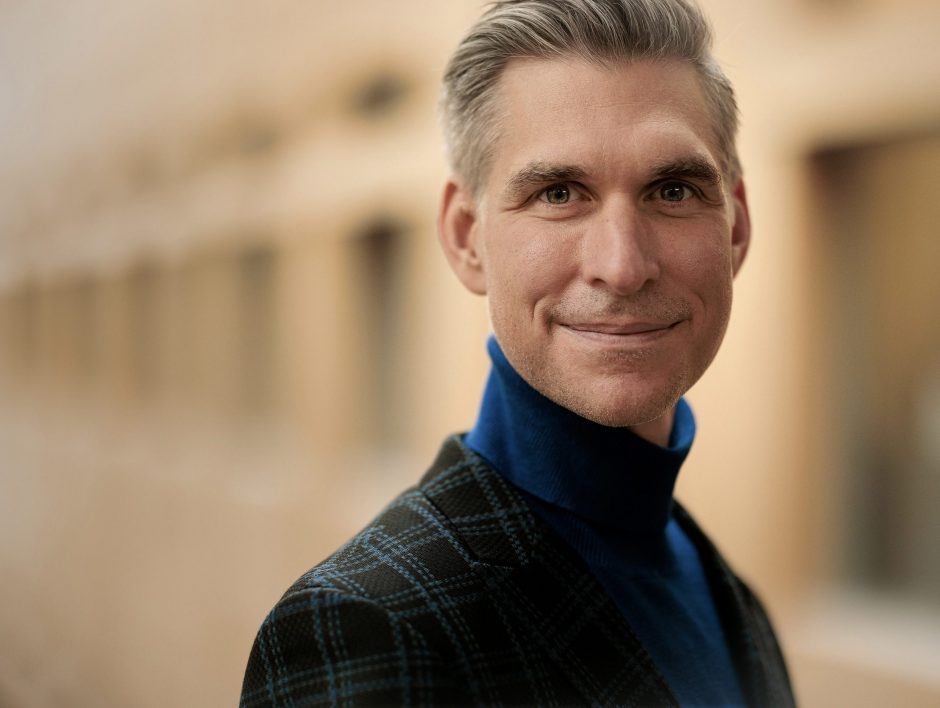
Dr. Naoko Ellis

Dr. Derek Gladwin
Friday, September 2, 2022
Interview by Fumika Noguchi, Engagement Project Assistant, UBC Climate Emergency Response team
Transdisciplinary Collaborative PhD Pilot for Climate Emergency is a new and innovative graduate research program that tackles the climate emergency with a collaborative and diverse cohort. Dr. Naoko Ellis and Dr. Derek Gladwin are faculty members of the Transdisciplinary Collaborative PhD Pilot for Climate Emergency that received funding from the Climate Emergency Fund.
Dr. Naoko Ellis is a professor in Chemical and Biological Engineering at UBC who is committed to a sustainable, low-carbon future through transdisciplinary learning, biomass utilisation, and more.
Dr. Derek Gladwin is an assistant professor in Language and Literacy Education at UBC who focuses on social and cultural questions around energy literacy and transition.
Join us in this Q and A with the two as they discuss their climate story, why they advocate for transdisciplinary teaching and research, and their hopes for the future of climate research.
WHAT HAS BROUGHT YOU INTO THE CLIMATE SPACE? WHAT IS YOUR CLIMATE STORY?
Naoko: My climate story starts when I was 13 years old. I read Silent Spring by Rachel Carson one summer, and I thought “oh dear, what are you going to do” and that’s where it really sparked. There onwards, I was interested in chemical compounds in the environment, which led me to chemistry and then chemical engineering.
Derek: My work involves storytelling and how we consider our energy or climate stories, which is about bringing people together and trying to understand how our stories connect us. Growing up on the west coast, I was very conscious about this, and in university I studied arts and environmental studies. I couldn’t decide which to do, so I stayed in both, which to this day, has allowed me to look with an art-based perspective to environmental work. So, for me, storytelling is significantly part of our climate change story and of climate justice, and climate emergency storytelling has to be a part of that. We rewrite those futures.
WHAT ARE SOME OF THE CHALLENGES THAT YOU HAVE FACED IN CLIMATE WORK AND HOW, IF POSSIBLE, HAS THE CLIMATE EMERGENCY FUND (CEF) ALLOWED YOU TO OVERCOME THEM?
Naoko: Over the years, I’ve recognized that siloed ways of learning will not solve things. For example, engineering students only interacting with each other and thinking that technology will solve the climate emergency. We need to understand that for technology to become a solution it must get out to the world and connect to what we’re doing and society’s values. I have been trying to expand different perspectives collaborating with each other, but that is difficult when teaching and research is siloed. Therefore, the CEF has finally allowed us to bring together a cohort of students of diverse disciplinary backgrounds to examine how we can decarbonize our region.
Derek: I have a very interdisciplinary academic background, but I didn’t have a program or way to facilitate that interdisciplinary learning. This funding supported that move for transdisciplinary graduate education, especially as the climate emergency’s transdisciplinary nature demands a variety of disciplinary training and systems-focused, holistic perspectives. We want graduate students to reflect on the climate emergency not only from a personal drive but from their professional identities as well. As such, this fund has allowed us to encourage collaboration and connections across faculties and students of all faculties by pushing for programmatic change.
IN WHAT WAYS DO YOU SEE THE NEW CLIMATE EMERGENCY COHORT SHIFTING THE CURRENT ACADEMIC RESEARCH ON THE CLIMATE EMERGENCY?
Naoko: A key component of this cohort is to have a real-world problem. We will be setting this cohort up to go to an organization, as academia tends to be within the walls of research. They will work with the organization for four months as collaborative interns, where they will practise coming up with good questions and understanding their own perspectives. This kind of exposure and experience is something that the funding has allowed us to do, which is rare.
Derek: One of the great things about transdisciplinary work is whereas interdisciplinary brings disciplines together, transdisciplinary work creates new knowledge from those disciplines. This foundation is a first step towards more climate conscious thinkers by considering how we do relational, collaborative work. Having partnerships that are applied and not just conceptual builds upon transdisciplinary work, as it develops multiple levels of partnerships, stakeholders, and academics, both inside and beyond the university.
WHAT DO YOU HOPE TO ACCOMPLISH WITH THE NEW COHORT OF CLIMATE SCHOLARS AS WE HEAD INTO THE FALL?
Naoko: In our first year of funding, we are supporting nine PhD students in the front end of a PhD trajectory, which involves coming up with research questions in a collaborative setting. I hope that we will be able to challenge them to think differently in terms of setting up transdisciplinary research. Faculty is another interesting aspect because of their siloed ways of thinking. Faculty are now being pushed to question how they communicate something from their discipline to another discipline, which is a unique and exciting space on campus.
Derek: We are creating and providing a one-year space to train systems thinking and how to do transdisciplinary work. We hope that this builds the momentum to push for more of this at UBC with a 4-year program where people can get funded and build their degree around. As such, the CEF has allowed us to pilot a project we hope the university will embrace. We want this to continue and find ways to fund graduate students around the climate emergency in a very transdisciplinary and collaborative way.
If you are curious about their work, check out an op-ed that they recently wrote on the importance of climate storytelling!
